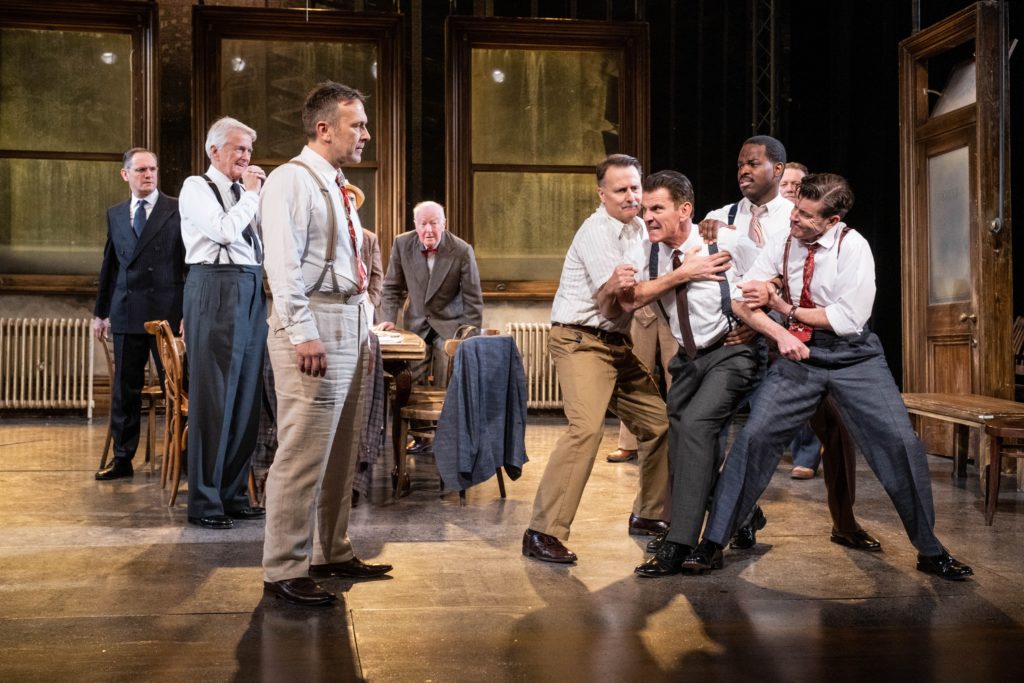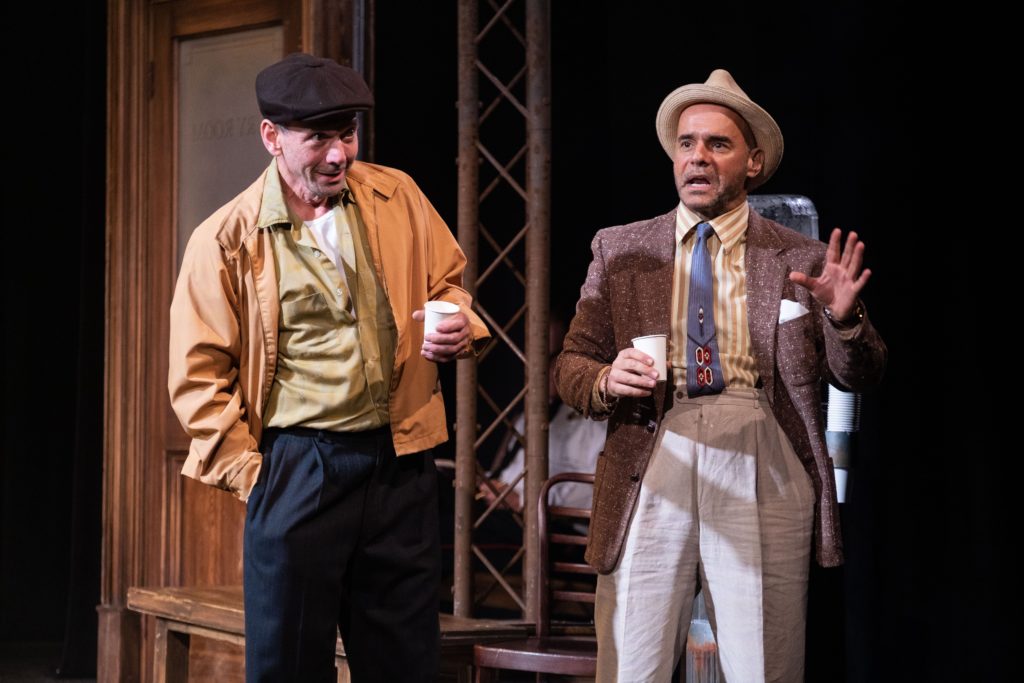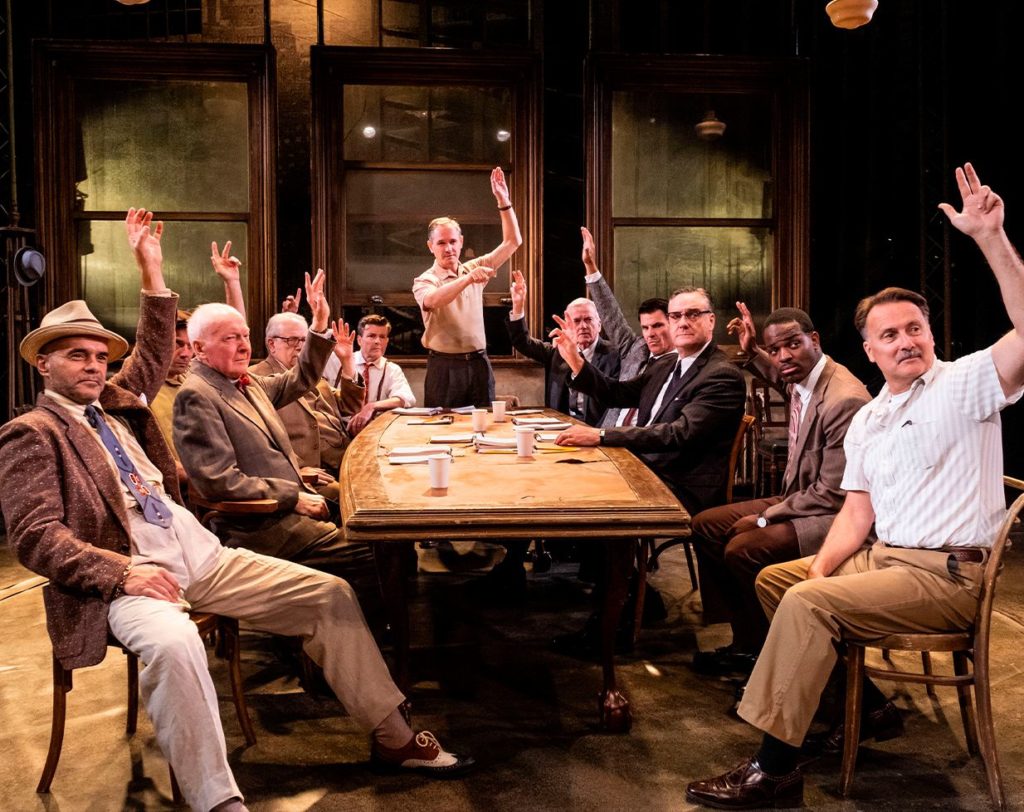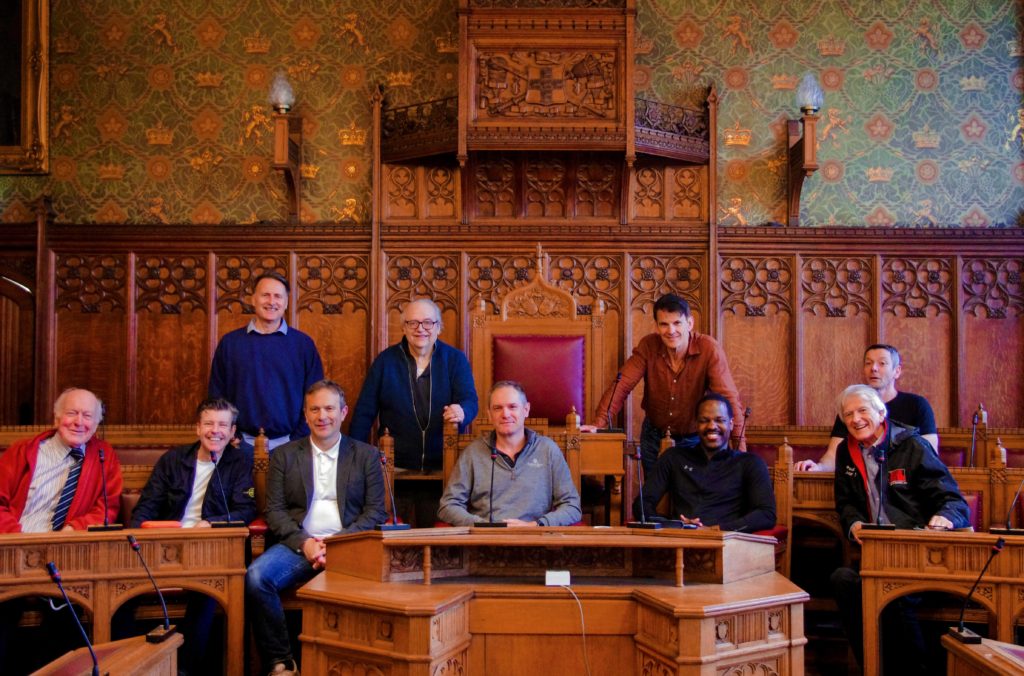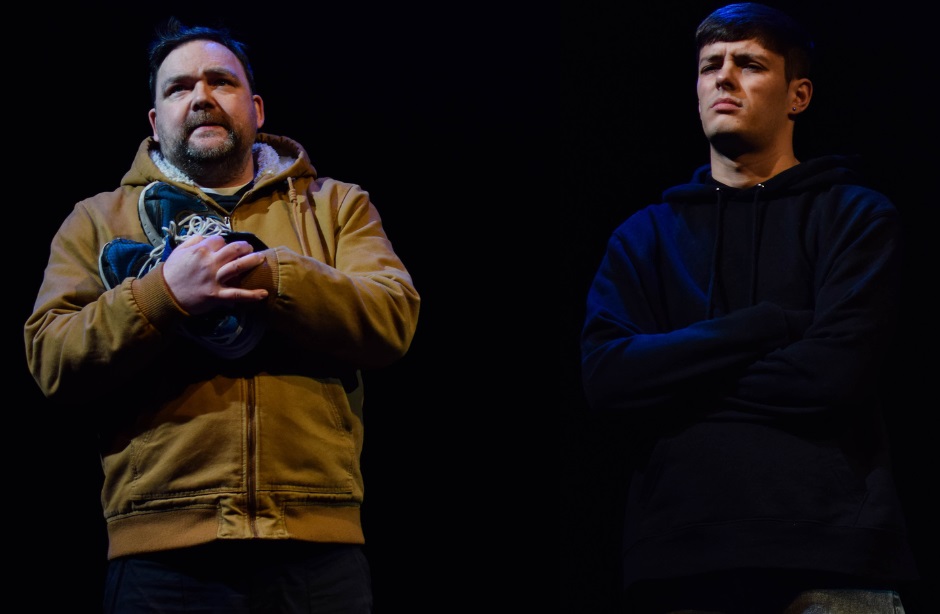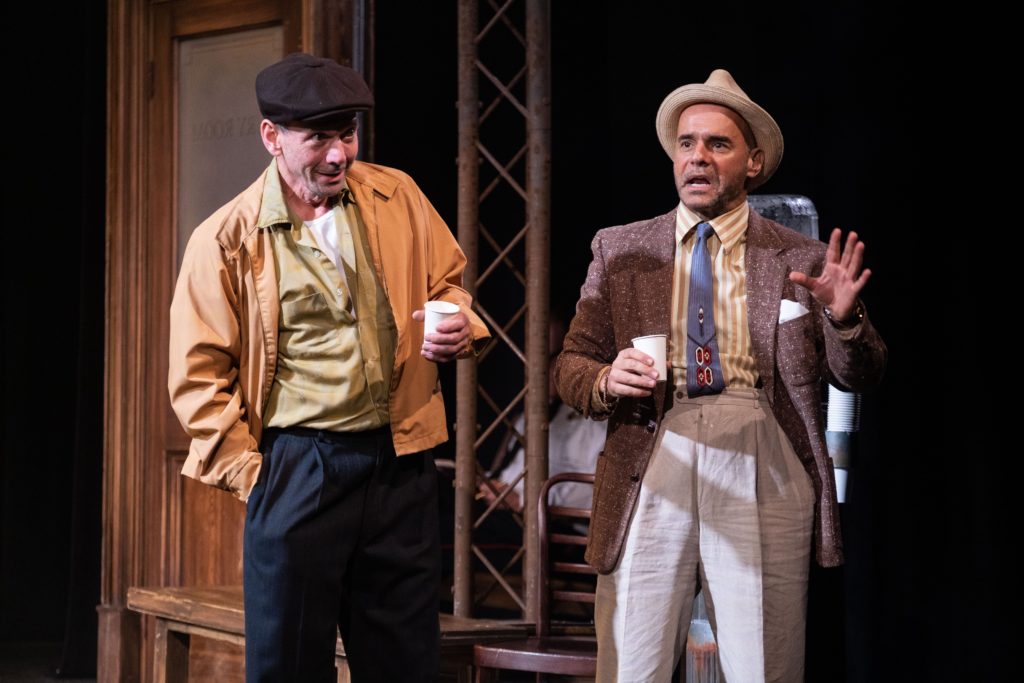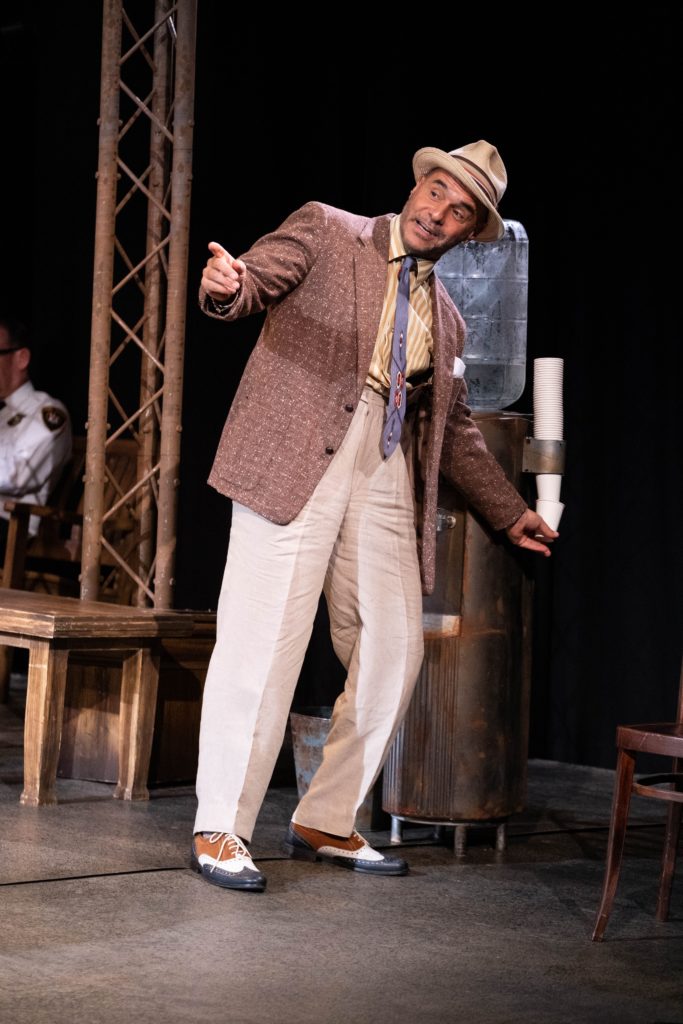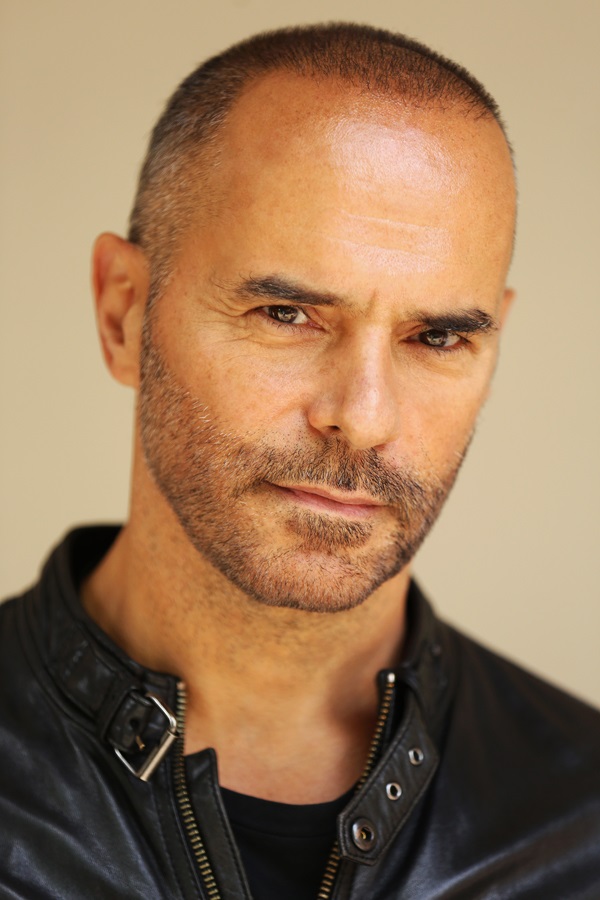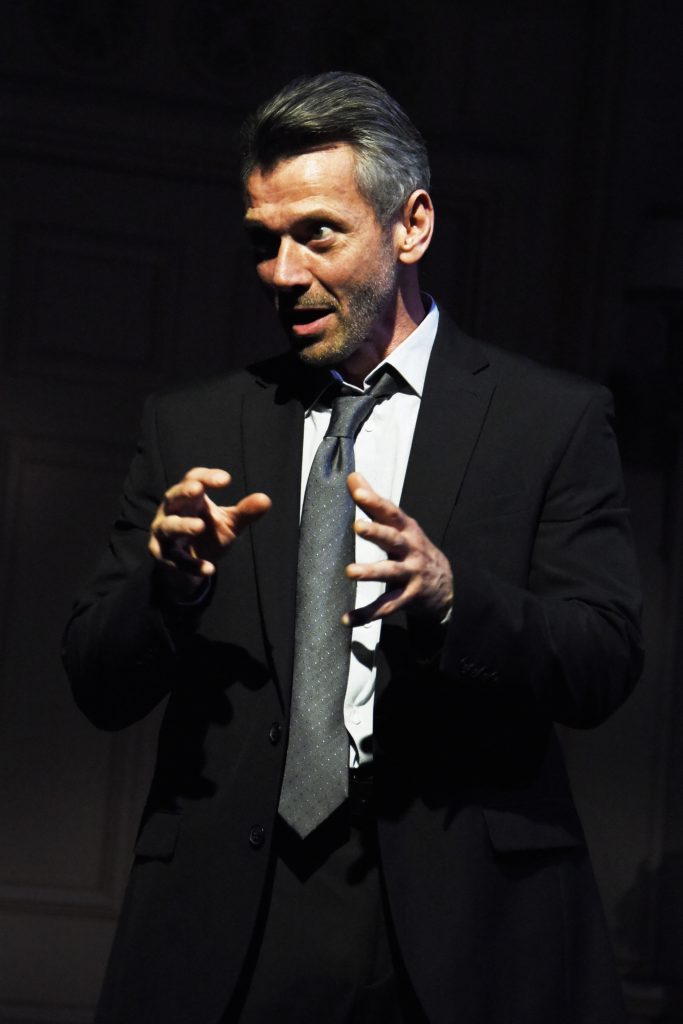
GRAY O’Brien makes his second stage appearance in York in 2024 next week, following up his Juror 10 in Twelve Angry Men at the Grand Opera House in May with Inspector John Rebus in Rebus: A Game Called Malice at York Theatre Royal.
Ian Rankin’s Scottish detective has been portrayed on stage, radio, television and online by such actors as Ken Scott, Brian Cox, Charles Lawson, John Hannah and, in six BBC One episodes in May and June this year, by Richard Rankin (no relation).
They have done so with varying degrees of success. John Hannah considered himself “miscast”, handing over to a more downbeat Ken Scott in the ITV series. Richard Rankin, the latest TV incarnation and younger than some of his predecessors, has met with approval.
O’Brien has not read the Rebus books, considering the thriller series to be “one of those things you get into or which just pass you by”, whereas devotees will be rushing out to acquire Rankin’s 25th detective novel, Midnight And Blue, published by Orion today (10/10/2024).
O’Brien has, however, spoken at length with the author, who says different actors bring out different aspects of Rebus, helping him to learn more about the character for the next book.
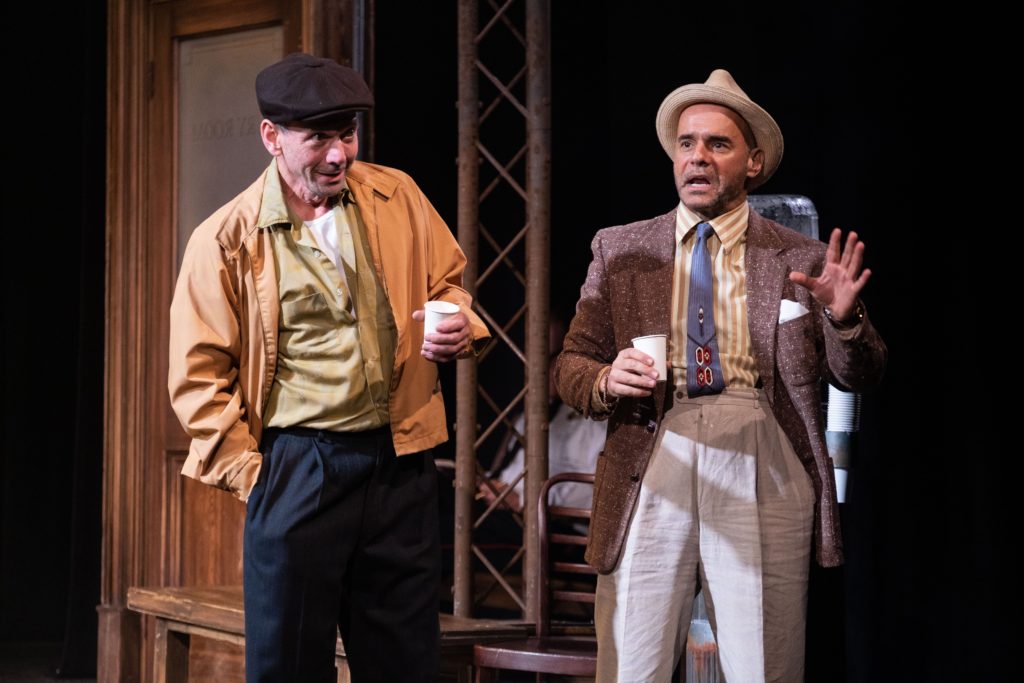
As he prepared to play Rebus, O’Brien asked the writer which books he should read to gain an insight into the character. Rankin’s reply came as a surprise. “He said, ‘don’t read them, you don’t need to, because this man is completely on his own. He’s now at a certain age where he’s retired. What’s been in the past is the past’,” O’Brien recalls.
In the new play, the retired detective finds himself at a posh Edinburgh dinner party where the guests play a murder mystery game. “He’s sitting there, a fish out of water thinking, ‘what the heck have I got myself into?’,” says O’Brien. “Then we discover why he’s really there, something happens, and the real Rebus bounces back.”
O’Brien likes how the whodunnit aspect was handled by Rankin, who co-wrote the play with Simon Reade after penning the first draft. The genre demands a denouement where the suspects are gathered together and the guilty party is exposed. “But we do it differently in this play,” he says, without giving too much away.
Given that his books are read worldwide, Rankin was keen to write a play that could be staged around the globe – another reason he wanted no constraints on the portrayal of the stage Rebus.
“It’s not Ken Stott’s Rebus or John Hannah’s Rebus. Your reading of the book is different to my reading of the book,” O’Brien says. “You read something like Lord Of The Rings or Game Of Thrones and you have the characters very much set in your head. Then you see it televised and go, ‘that’s the character I’m seeing in my head’.
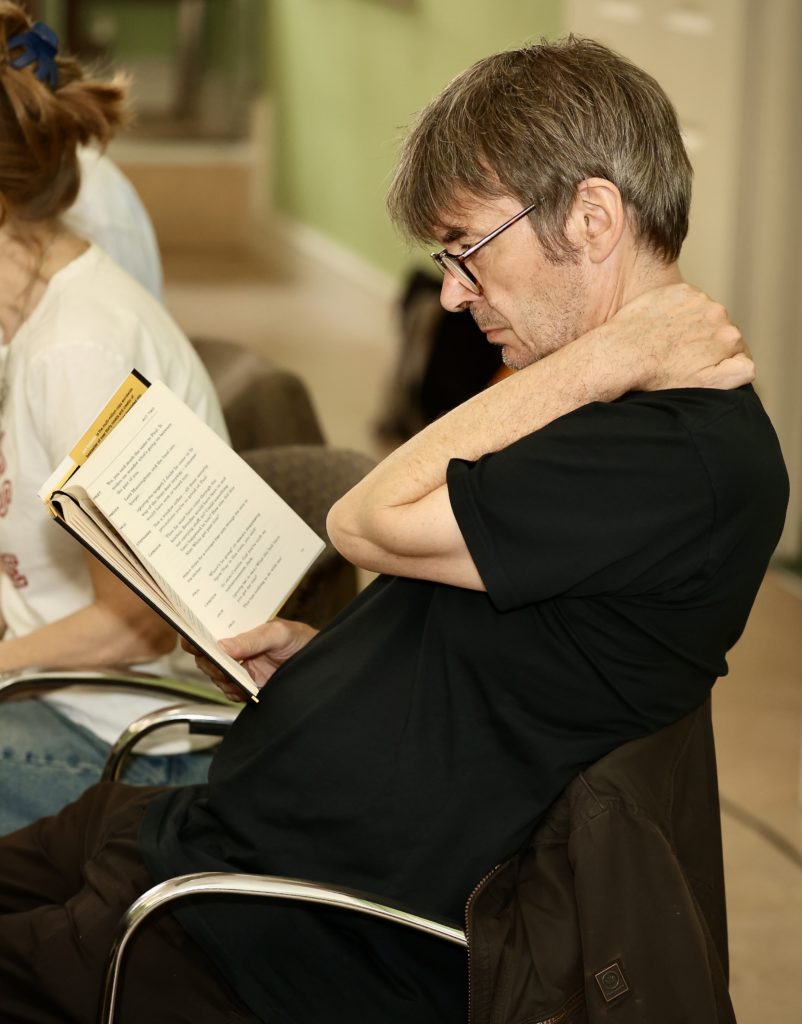
“I can’t mimic or can’t try to copy someone else’s Rebus because we’re all made up completely differently. I can’t hold myself the way Ken Stott holds himself. We’re all different shapes, different sizes, we’re educated differently, we’re from different regions.”
Rebus’s accent was important to O’Brien, who grew up in Ayreshire, Rebus hails from Fife. Both men have Scottish accents but not necessarily the same-sounding accent. The Glasgow-born actor was keen to pay homage to the Edinburgh accent when the production played the Festival Theatre there last month and not resort to a generic Scottish accent.
“To English listeners it probably won’t matter as much,” he says. “Some people thought I was crazy doing an Edinburgh accent because I’m Scottish and I have a Scottish accent. I found the rhythms difficult because it’s a bit like getting someone from Milwaukee to do a Minnesota accent. They’re quite different. The Edinburgh vowel sounds and the line endings are completely different from the West Coast of Scotland.”
O’Brien has played major TV roles as Tony Gordon in Coronation Street, Richard McCaid in Casualty and Dr Tom Deneley in Peak Practice, but theatre remains an essential part of his work, whether touring in the 1954 courtroom drama Twelve Angry Men or starring alongside Dallas star Patrick Duffy in the American caper Catch Me If You Can.
“Theatre is a necessity because TV work stops and sometimes it doesn’t stop forever but there are certainly long hiatuses,” he says. “New people come into TV. Casting directors who championed you leave, the new ones don’t know you, and young people come in and don’t know my work. So you can get overlooked. Many careers crash and burn.

“I’ve been very, very lucky with the loyalty of [the late] producer Bill Kenwright. He’s always wanted me on stage if I’m available. Pretty much every year I get asked to do one of these stage tours. I jump at the challenge each time.”
O’Brien takes the responsibility of touring theatre seriously. “People are paying their hard- earned cash to come and have an experience in theatre. I would always encourage people to come and see a live play,” he says. “You don’t know what’s going to happen. There’s always a jeopardy moment on stage.
“It could be performance 100 or performance 24 where things don’t go fully as
expected. Maybe an actor tries something slightly different and says a line with a
different inflection. It can change the dynamic of the piece and it’s very exciting.”
What is the worst thing to have befallen him on stage? “Drying is terrible, just literally dropping the ball for half a second,” he says, referring to forgetting lines. “People don’t realise the concentration that’s involved in a play. You’ve got to be completely on the moment and be listening to everything.
“You cannot for a second think, ‘I wonder if I should have fish fingers tonight’. As soon as that happens you’releft with a cue but don’t know what you’re saying. That happens all the time and it’s just how quickly you can pick it up.”
Rebus: A Game Called Malice, York Theatre Royal, October 15 to 19, 7.30pm; 2pm, Wednesday and Thursday; 2.30pm, Saturday. Box office: 01904 623568 or yorktheatreroyal.co.uk.

